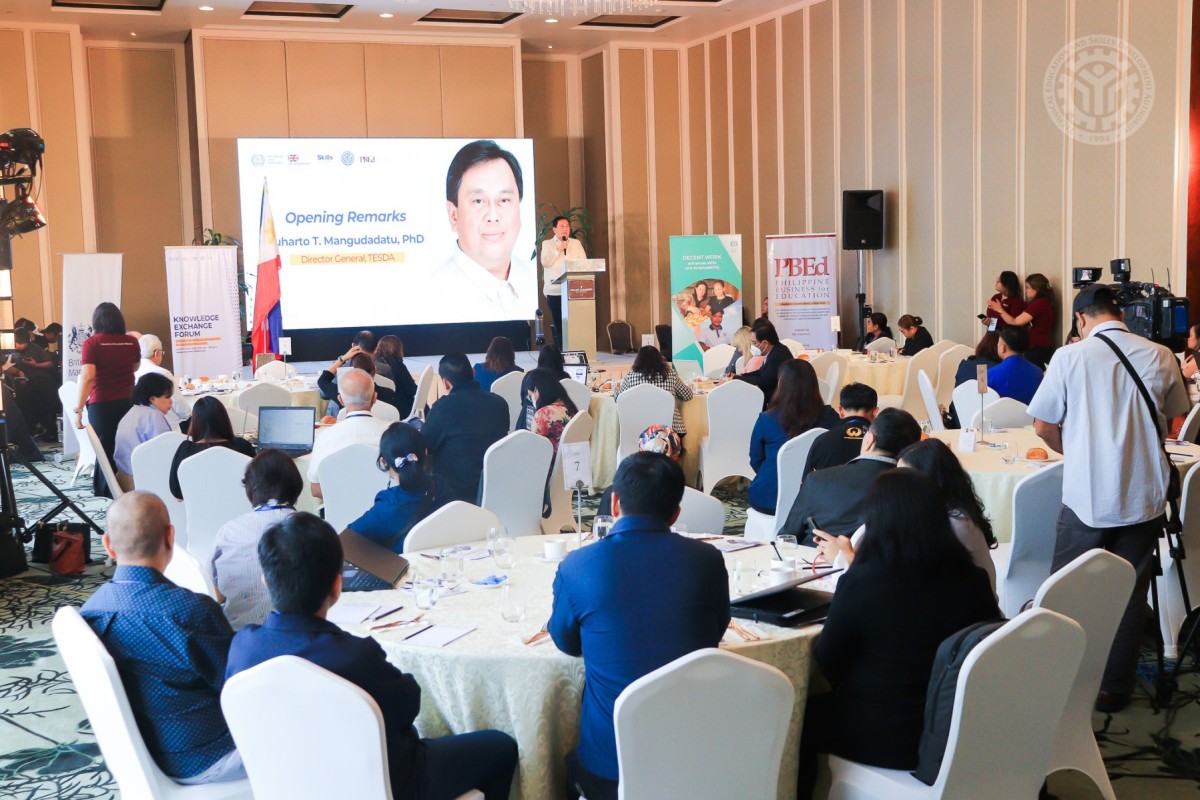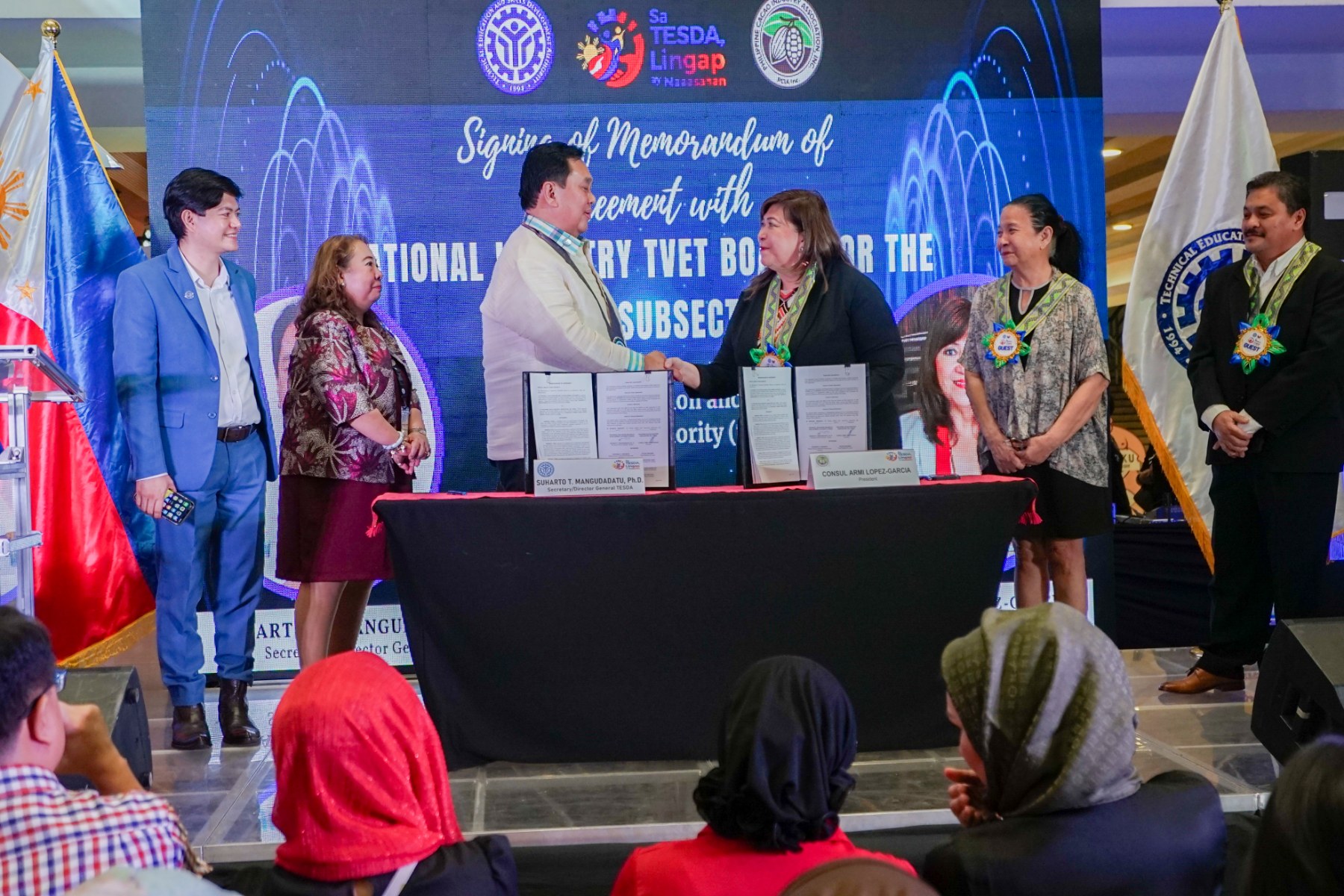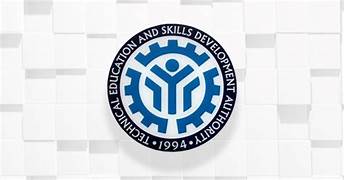TAGUIG CITY -- The Technical Education and Skills Development Authority (TESDA) is pushing for greater collaboration among the government, academia, business groups, and the industry to address the skills gap in the country’s workforce.
In his message during the Knowledge Exchange Forum on Competency Standards Development in Makati City, TESDA Secretary Suharto T. Mangudadatu highlighted the importance of industry collaborations to develop globally competitive Filipino workers.
“The establishment of a robust labor market information (LMI) system is vital for aligning technical training with industry demands to facilitate a seamless job-matching process. With our newly launched National Technical Education and Skills Development Plan for 2023-2028. We count on greater cooperation with industry stakeholders in producing LMI to guide the implementation of area-based and demand-driven TVET programs," Secretary Mangudadatu said.
Held last August 30-31, the Knowledge Exchange Forum on Competency Standards Development with the theme, “Designing a Dynamic, Flexible, Agile and Responsive System for Industries and Learners,” the forum aims to share international good practices and lessons learned, particularly from the United Kingdom, and the Philippines on the use of labor market information for skills needs assessment.
It also aims to provide an avenue for the participants to share their insights on the institutional arrangements and governance mechanisms for effective industry involvement, and monitoring and quality assurance approaches to demand-driven competency standards development with the objective to upgrade the skills of the workforce.

The forum was conducted in partnership with the Philippine Business for Education (PBEd), and the International Labor Organization (ILO).
It is also a part of the UK government-funded and ILO-operated Skills for Prosperity Project in the Philippines. The project collaborates with important government departments, business associations, labor unions, and other stakeholders to strengthen the nation's technical-vocational education and training (TVET) systems and promote skill development.
During the forum, business associations from high-value sectors such as analytics and AI, Information Technology Business Process Outsourcing (IT-BPO), agricultural manufacturing, and construction shared their insights on the importance of industry participation in skills development and the alignment of curriculum with industry skills needs using LMI.
"By harnessing industry-driven insights we can better inform labor policies and bolster our ability to build a better skills training system that empowers workers and support their career growth. This, in turn, translates into a more resilient and thriving labor force driving growth and prosperity for the country," ILO Country Office for the Philippines Director Khalid Hassan said.
Meanwhile, also present during the forum were ILO Senior Skills Specialist Akiko Sakamoto, PBEd Executive Director Justine Raagas, Philippine Chamber of Commerce and Industry (PCCI) President George Barcelon, TESDA Deputy Director General for Policies and Planning Rosanna Urdaneta and other TESDA officials, business group representatives, and industry experts. (TESDA)







